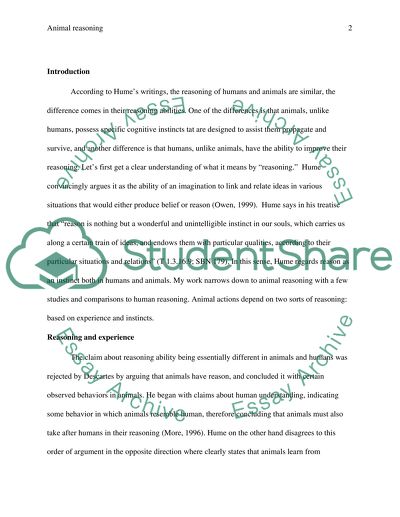Cite this document
(“A Priori Knowledge of Matters of Fact. Do animals acquire all their Term Paper”, n.d.)
A Priori Knowledge of Matters of Fact. Do animals acquire all their Term Paper. Retrieved from https://studentshare.org/philosophy/1494598-a-priori-knowledge-of-matters-of-fact-do-animals
A Priori Knowledge of Matters of Fact. Do animals acquire all their Term Paper. Retrieved from https://studentshare.org/philosophy/1494598-a-priori-knowledge-of-matters-of-fact-do-animals
(A Priori Knowledge of Matters of Fact. Do Animals Acquire All Their Term Paper)
A Priori Knowledge of Matters of Fact. Do Animals Acquire All Their Term Paper. https://studentshare.org/philosophy/1494598-a-priori-knowledge-of-matters-of-fact-do-animals.
A Priori Knowledge of Matters of Fact. Do Animals Acquire All Their Term Paper. https://studentshare.org/philosophy/1494598-a-priori-knowledge-of-matters-of-fact-do-animals.
“A Priori Knowledge of Matters of Fact. Do Animals Acquire All Their Term Paper”, n.d. https://studentshare.org/philosophy/1494598-a-priori-knowledge-of-matters-of-fact-do-animals.


